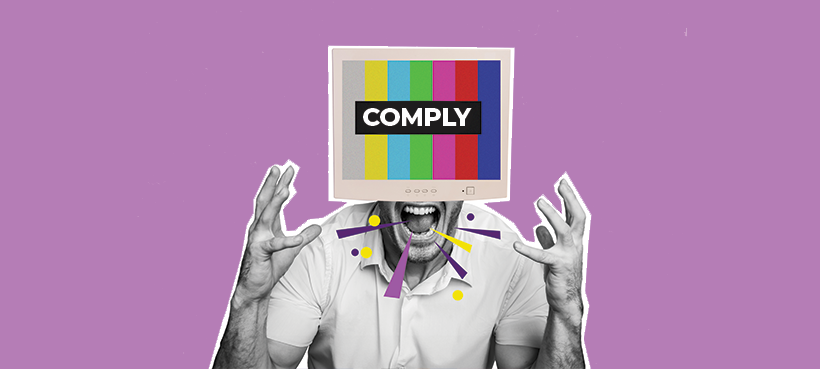
Sexual Health Week 2025: Influencers, Toxic Masculinity & Online Pressure
Social media influencers are everywhere. From fitness coaches to lifestyle vloggers, many have positive messages. But others - especially those promoting toxic masculinity - can spread harmful ideas about gender, relationships, and success.
The red flags
-
“Alpha male” talk: When influencers frame relationships as power struggles rather than partnerships.
-
Blame and shame: Content that insults women, LGBTQ+ people, other races/religions, or anyone who doesn’t fit their idea of “strength.”
-
Unrealistic success stories: Selling the idea that money, muscles, or dominance are the only ways to be respected.
How not to get drawn in
-
Question the motive: Are they giving advice, or selling you a product or persona?
-
Check the facts: If their claims sound extreme, dig deeper - often it’s just opinion dressed as truth.
-
Diversify your feed: Follow accounts that promote equality, kindness, and real representation.
-
Remember – confidence isn’t cruelty: Being strong doesn’t mean putting others down.
For young men in particular
It’s easy to get caught up in messages about “being a real man.” But masculinity can look many ways - caring, supportive, thoughtful, funny. Rejecting toxic narratives creates space for healthier, more respectful relationships.
Takeaway: Influencers aren’t role models just because they have followers. Choose voices that build you up, not ones that drag others down.
